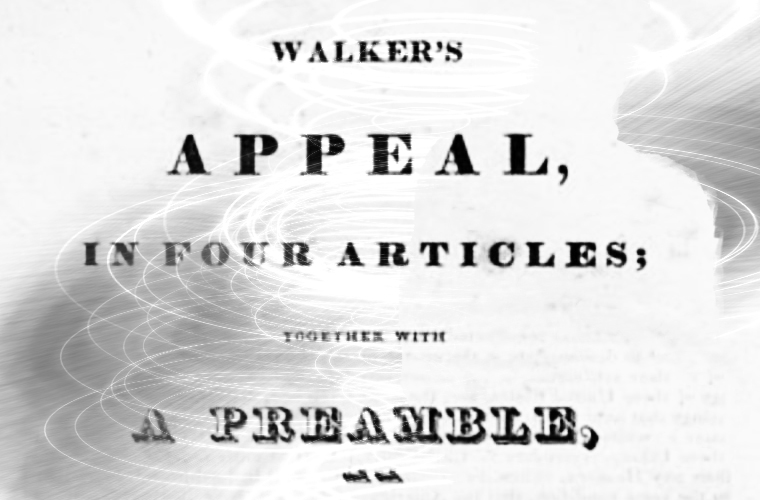David Walker was an African-American abolitionist who played a crucial role in the fight against slavery in the United States. Born in Wilmington, North Carolina in 1796, Walker was the son of a free mother and a slave father. He grew up witnessing the horrors of slavery and racism, which fueled his passion for justice and equality. Walker moved to Boston in the early 1820s, where he became involved in the abolitionist movement. He opened a clothing store and used it as a front for his activism, distributing anti-slavery literature and organizing protests. In 1829, he published his famous pamphlet, “Walker’s Appeal, in Four Articles; Together with a Preamble, to the Coloured Citizens of the World, but in Particular, and Very Expressly, to Those of the United States of America.”
“Walker’s Appeal” was a powerful and controversial document that called for the immediate abolition of slavery and the overthrow of the white supremacist system that supported it. Walker argued that black people had a right to freedom and equality and that they should use any means necessary to achieve it. He also criticized white abolitionists for their timidity and their willingness to compromise with slaveholders.
The publication of “Walker’s Appeal” caused a sensation throughout the country. It was banned in several southern states, and a reward was offered for Walker’s capture. Nevertheless, the pamphlet was widely circulated among African Americans, and it inspired many to join the abolitionist movement. Walker continued to be an outspoken advocate for abolition and civil rights until his death in 1830. His legacy lived on, however, as his pamphlet became a rallying cry for generations of activists who fought against slavery and racism in the United States.
Today, David Walker is remembered as one of the most important figures in the history of the abolitionist movement. His courage, passion, and unwavering commitment to justice continue to inspire people around the world who are fighting for freedom and equality.

